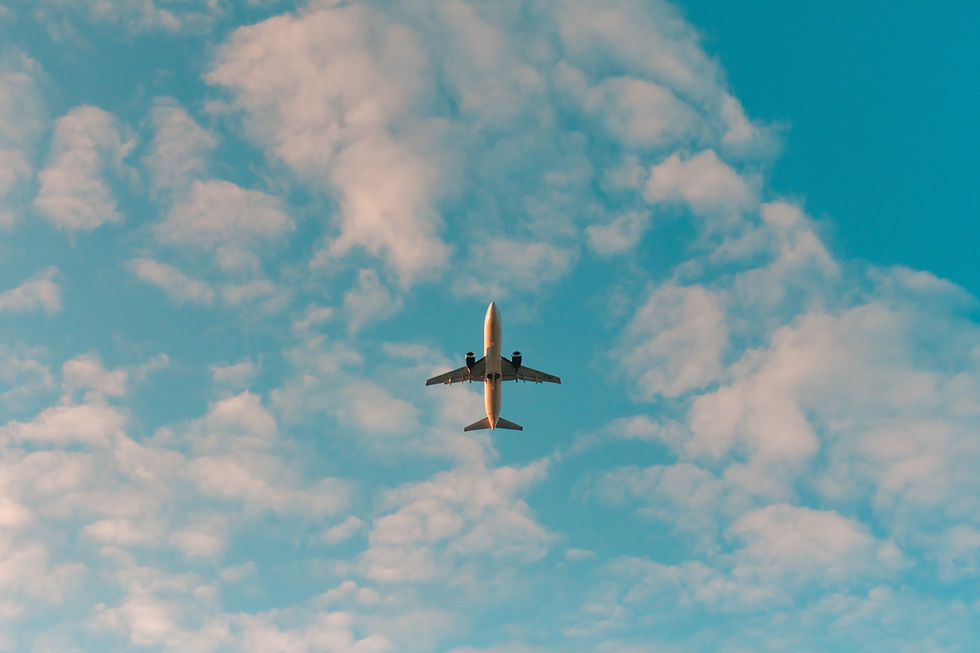Margin of Safety & Checklists
- David de Souza

- May 17, 2023
- 3 min read

Our memories of an experience, whether good or bad, are influenced by what happens at the end of the experience (as well as the peak moments), this is known as the peak-end rule.
I recently enjoyed a dreamy weekend in beautiful Valencia but my memory of the trip will be influenced by the travel nightmare on the return leg, involving 2 missed flights, a train to Madrid, and over 1,000 Euros in extra expenses.
After looking back at the trip I wondered, how can I avoid a similar situation from casting a shadow on my memory of future trips.
Many of the problems that I encountered were due to no fault of my own, they were the second-order consequences of strikes and my airline not having backups systems in place.
But instead of abdicating responsibility, there is always something we can do to put ourselves in a better position, to avoid being stuck in a corner with no options.
Margin of Safety
1. Give Yourself More Time
All airports have directions pointing you towards your gate, some airports, like Stansted in London, also highlight how long it will take you to walk to your gate. On my last journey through Stansted Airport, I compared how long the airport indicated the walk would take (15 minutes) vs how long it actually took me (8 minutes). I may be a quick walker but not twice as fast as the average person. The reason airports include this buffer is to account for the slowest possible walkers, they include a margin of safety so that no one misses their flight.
I used to pride myself on being as efficient as possible at airports, I would calculate the minimum amount of time to get to the airport, pass through security and arrive at my gate with, ideally, the final call just being announced, allowing me to strut straight on to the plane.
However, after missing a flight to the UK, and having to wait 12 hours, I changed my thinking. Waiting 12 hours in the airport was frustrating but it was the lost opportunity of meeting with friends that was the real motivation to change my behavior going forward.
When investing in the stock market it is always nice to get a few extra percentage points from your investments, but if a company goes bankrupt you have a much harder task to make your investment back. The same is true when traveling: saving 5 minutes at the airport isn’t worth it if you miss the flight.
Now when I travel I give myself a margin of safety. Previously this buffer felt like wasted time but I now allow myself to enjoy the experience, by going to the airport lounges or enjoying a nice meal, which allows me to be less stressed and avoid the possibility of missing my flight.
2. Give Yourself More Options
It doesn’t matter how early you arrive at the airport if your flight gets canceled. This was the realization on my recent trip to Valencia and what I learned from this situation was to avoid taking the last flight to your destination.
If the last flight is canceled, you’ll be staying an extra night and need to find accommodation as well as having to deal with the bureaucracy of claiming any travel/hotel expenses back from the airline.
Checklists
Pilots and doctors use checklists to ensure they get things right in important situations.
If you forget your passport, residency card or other document it could easily put an end to your trip. I have luckily never forgotten my passport but I have forgotten items that have made my trip frustrating, such as earplugs and charging cables.
Having a general travel checklist and also a specific checklist for countries that you go to frequently has been a small thing that has made a big difference when travelling.
If you want a copy of my Google Doc checklist, feel free to save a copy here.






Comments